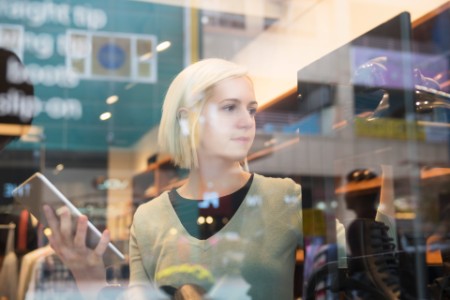Within the grocery sector, retailers reacted quickly to boost delivery capabilities to meet consumer demand. Leaders have made bold strategic moves with new partnerships and leading ecommerce players to further improve last-mile delivery. The creation of new self-serve and bring-your-own packaging offers has also helped reinvent the store, as well as creating a more contactless experience.
Driving value transformation and value creation
What differentiates the leaders of the pack from the followers is a clear focus on value transformation and value creation. They recognise the need for change and are willing to challenge core assumptions about their business and how it operates, grasping the opportunity to reinvent themselves.
By taking an outside-in viewpoint of their business, they are becoming clearer about what needs to change to be best in class and what needs to be lowest cost. And they are driving that transformation forward with strict discipline and conviction. They are reallocating resources to where they can make a strategic difference, transforming their business to deliver new strategy within a defined cost envelope.
This transformation also includes simplifying their businesses, with a review of the return on investment of key activities and rationalisation when required. They are automating processes where possible, or are looking to outsource to partners, even for core commercial processes such as monitoring promotions performance.
In doing this, retail leaders are focusing on agility, empowering decision-making and investment, without further complicating the business by adding unnecessary complexity.
The opportunity is there for you to grasp
The retail industry has known that major change was coming – the pandemic has just sped up the pace. There remains an unparalleled opportunity for forward-thinking retailers to gain market share, embrace the chance for reinvention, and redefine themselves for the new retail future through a focus on value transformation and value creation.
This isn’t a time for the faint-hearted. It’s time to identify opportunities and ensure your business is in the right shape to make the most of them. There’s no room for halfway house measures, but instead a need to be bold and brave. Are you ready for the challenge?


